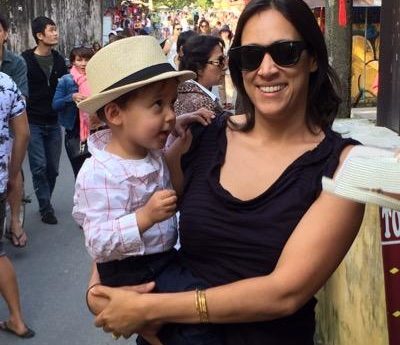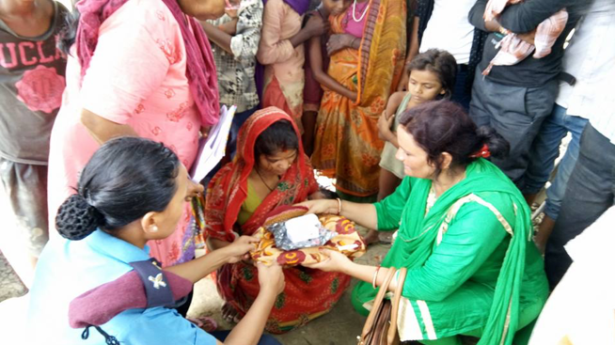The Unitarian Universalist Service Committee advances human rights through grassroots collaborations.
The Nepal Earthquake: Two Years Later
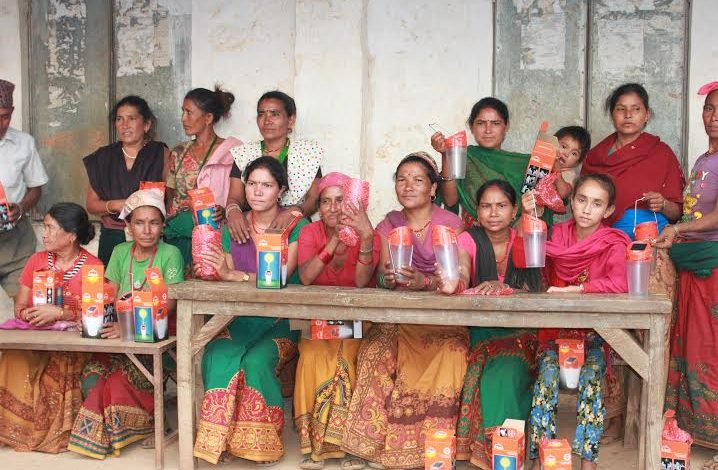
By on April 25, 2017
On April 25, 2015, a 7.8 magnitude earthquake, with a massive 7.3 magnitude aftershock devastated parts of Nepal. Nearly 9,000 people died, and more than 25,000 others were injured. 900,000 homes were destroyed. While the earthquake has faded from the news and even the memories of many outside of Nepal, UUSC continues to work with grassroots partners that are empowering survivors and protecting their rights as they rebuild their homes and lives. Today, on the two year anniversary of that devastating earthquake, we honor two of these organizations and share information about their work.
Women for Human Rights, single women group
Established in 1994, Women for Human Rights, single women group (WHR) is an NGO actively working for the rights of widows and single women in Nepal. Single women are deeply stigmatized because they are considered symbols of ill-omen and the cause of the death of their husbands. Patriarchal laws and policies that discriminate against them only further aggravate their suffering.
To combat this discrimination, WHR is dedicated to organizing widows across Nepal and at the regional and international levels. WHR aims for an equitable society where widows are respected and can live in dignity with sufficient social, cultural, economic, legal, and political rights. WHR has organized over 100,000 single women in 1,550 village development committees and municipalities in 73 districts across Nepal, mobilizing them as key agents of change in their respective communities.
UUSC has provided two grants to WHR as part of our Nepal Earthquake response. The earthquake left many widows fending for themselves and facing a multitude of problems. For example, in addition to the stigmatization they already faced, women who lacked documents were unable to claim their late husband’s property as their own or faced difficulties getting rebuilding grants because their marriage was unregistered.
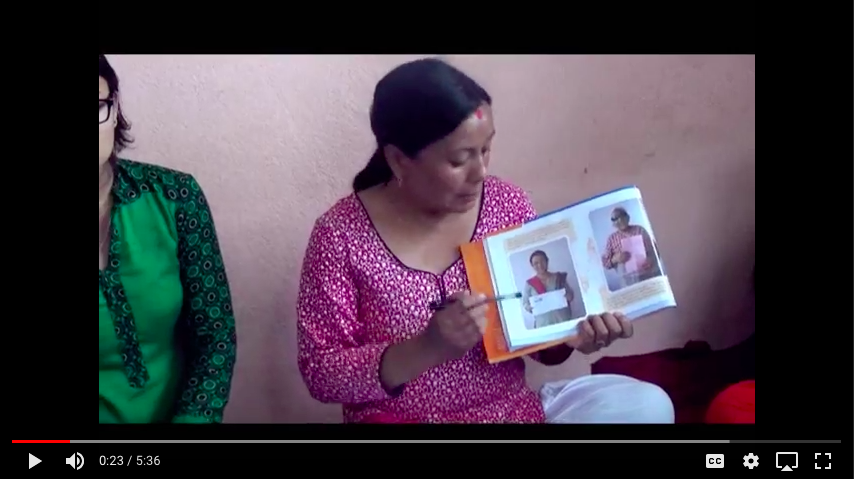
Advocacy is a major strength of WHR’s work and they are directly involved in calling for changes to the country code in order to suspend laws that result in discriminatory policies against single women. WHR conducts trainings and facilitates workshops, organizing not only single women to advocate for the rights, but for all women to hold stakeholders accountable to guarantee rights for all Nepalis, regardless of their gender or marital status.
Empower Generation
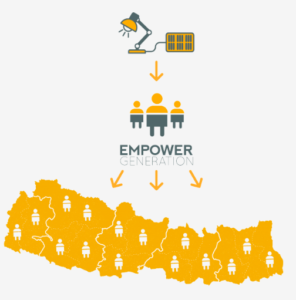
Empower Generation (EG) began in 2012 with the launch of a women-led clean energy business in Nepal. As one of the poorest countries in the world, more than half of the country’s people live without access to reliable power. As EG explains on their website, “energy poverty affects women and children the most, exposing them to poisonous fumes from combustion of fuels such as firewood or kerosene. Millions of women and children die each year from respiratory problems associated with breathing smoke.”
To address this problem, EG aims to empower women already serving as household energy managers to become entrepreneurs. They develop market-based approaches to increase the adoption of clean energy technology in remote areas, improving health, saving carbon and money, and laying the foundation for greener economic development. EG’s distribution network now includes 13 women-led businesses, covering 11 districts and employments dozens of women. To date, EG’s network has distributed over 42,000 solar lights, saving impoverished Nepali families over $1.5 million in household energy expenses and displacing over 6,000 tons of CO2 by replacing kerosene and candles.
With a grant from the UUSC, EG has trained and supported 30 Dalit women in the earthquake affected Gorkha region to become solar sales agents and identify one woman in the group to manage these agents as a solar entrepreneur. The objective of the project was to provide long-lasting income generation and self-sufficiency to marginalized women affected by the earthquake. By providing solar power and light to their energy-poor communities, women earned income and respect. Trainings in sales, marketing, and business basics solidified their positions as community leaders while increasing their skills as communicators and financial managers. Learn more about EG’s work in their guest blog, Two Friends, One Mission: Access to Clean Technology in Gorkha.
